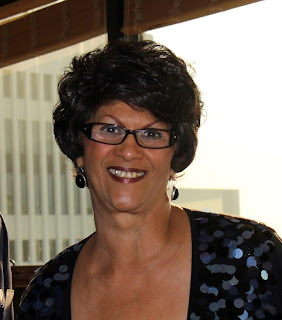Next: Ms. Dorothy Counts-Scoggins, One of 4 girls to participate in the 1957 desegregation of Harding High School, an all-white school in Charlotte, NC.
How do you remember Sept. 15, 1963 and what did it mean to the Movement?
I was a junior in college and had just returned to school. Students on the campus that participated in the March On Washington were talking about their experience in Washington on August 28, 1963. We were all excited about the changes that would happen in this country, “hope” was the key word. Racial equality was now beginning to happen. After my experience with school desegregation in 1957 was not a success, I hoped that things were going to change for young children in this country; to receive what they deserved, a quality education. Then on September 15, 1963, the 16th Street Baptist Church was bombed in Birmingham, Alabama, as an act of racially motivated terrorism. I asked myself “how could someone have so much hatred that [one] would kill 4 innocent children?” This was the turning point for the Civil Rights Movement and passing of the Civil Rights Act in 1964. Hope was alive again!
How do you recall your activism and any highlights of it?
My activism started as a young 15 year-old girl entering an all-white school in Charlotte, North Carolina, in hopes of receiving a quality education, because racial desegregation was unjust and morally wrong. The law was passed in 1954 and it was time to test the law and I was one of the 4 chosen to test the law. Charlotte was not prepared, nor willing to make this change in the system. My experience, was not a good one for me, it changed my life. I would go on to fight to ensure that other children did not endure what I experienced. My life has been working with young children, teaching tolerance and injustice so that when they grow up they will learn the importance of acceptance. I was not a marcher, but I felt that through my teaching and mentoring of young children they could learn the importance of “acceptance” and carry on these beliefs and change the world.
How does the Civil Rights Movement relate to today?
The passion is gone; people have become accepting of the norm and allowed the fight that we made to be forgotten. Yes, we have an African American President in this country, I did not think I would live to see, but the hatred and racial inequality has resurfaced as it was 50+ years ago.
What issues are we still facing?
Resegregation of our schools, voter suppression, rights for women [are all] being denied, so many of our laws are being changed to set us back, especially in North Carolina’s 200 years. My hope is that after the March on Washington in 2013, which had a very diverse population of people, we will pick up and fight for what is racially and morally right in this country again.
What are you looking forward to during the Destination Freedom Kick Off on September 15?
I am looking forward to the conversations and reflections of others in the group of their views of the Civil Rights Movement, and their thoughts of now and where we need to go to move forward. Also, looking forward to hearing Diane Nash.
Hear more from Ms. Counts-Scoggins and others at Levine Museum, Sunday, September 15, beginning at 3pm.

No comments:
Post a Comment